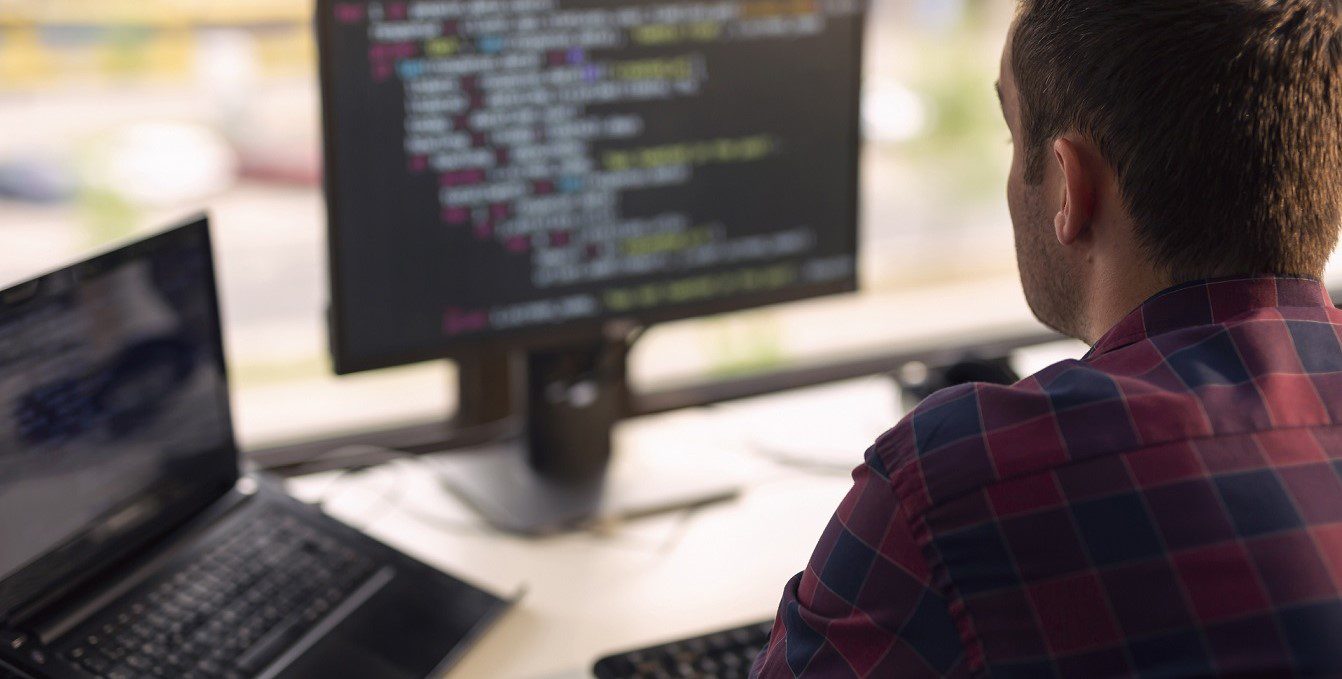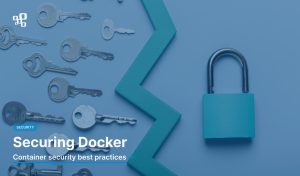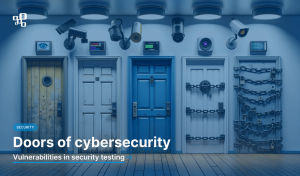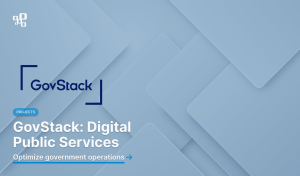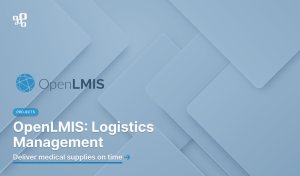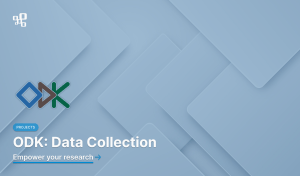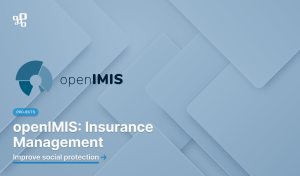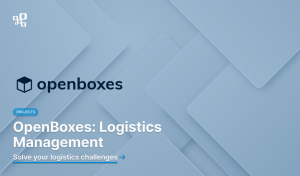Many employees and business owners alike have been working from home for years, thanks to developments in tech that make remote work possible. Now, amid the recent COVID-19 outbreak, most companies and their workers are following suit, raising the question: Is this working arrangement a productive one?
Humans are social beings, and the workplace is no different than other parts of our lives: to succeed, we need to connect and collaborate with others. It is said that good working practices can include employee autonomy, effective management, and leadership, as well as building a good company culture that supports the team’s ability to work effectively.
Keeping in mind the research done by SolDevelo regarding remote working along with the actions taken by the team afterward, I would like to share with you a couple of useful tips for how to stay productive while working from home.
Establishing the boundaries
Working from home offers us a lot of freedom, but without clear boundaries, things can get out of control. Most people need some sort of routine to help them structure their day while working remotely. Thus, it can be helpful to divide the day into sections like start from catching-up (e.g. emails), then collaborating, and doing the individual tasks later.
Working from home can make it all too easy to blur the lines between the work-life and employee’s personal life. With this in mind, you should consider how to set a working “mode,”. It can be challenging to deal with interruptions, family or housemate needs, or even working alongside others who have already been working from home and are likewise thrust into that role with you. When starting fresh with telecommuting, creating barriers between you and other people in the place you are working can be the key. Sometimes the simplest solution seems to be the most appropriate.
It might be useful to indicate some expectations that are known by all people you live with. If you share your home with your parents, grandparents, grown-up children, or flatmates, let them know that you are working, you need to get focused and sometimes you’ll have meetings you won’t be able to interrupt.
Establishing a line that separates work time from leisure time is challenging both for you and for your dear ones – but very necessary. Noise-canceling headphones can be of great use too. Just like having or temporarily creating a dedicated workspace.
Another key point is the fact that it is not advisable to do the work when you are not in your dedicated home office space, and what is quite important – no work should be done in a place where you normally rest.
The same goes for separating the clothes you wear to distinguish whether you are at work or in a relaxing mode, so you don’t confuse your state of mind. Why is that important? Without actually dressing up for work, you no longer have these moments to condition your brain into understanding when work ends and home life begins.
Taking regular breaks
People tend to think of a routine as a constraint at best, and a creativity-killer at worst. Nevertheless, for a telecommuter, sticking to a routine can be extremely positive. Without one, it will be harder to stay productive and motivated.
Ever wanted to know the secret of how to become more productive? It’s simple really, take breaks! Taking a break is the action of having a pause in work or during an activity. Guidance from the Health and Safety Executive for Northern Ireland (HSENI) suggests that it is better to take shorter breaks more often at our workstation than longer breaks and less often. Research has also found that the most productive people work for 52 minutes and then take breaks for up to 17 minutes. The success of this formula comes from the fact that if we are working, we will be dedicated to the accomplishment of tasks, getting things done and making progress, whilst during our breaks, we will be completely removed from the work we are doing. The ability to deactivate and then reactive allows us to stay focused.
Furthermore, excessive work can lead to mental strain and affect our physical health. Eyestrain, headaches, and blurred vision are just some of the symptoms that can suggest that we have spent too much time at our desk. It is advised to give our eyes regular breaks, resulting in less discomfort and eyestrain.
In addition, the short breaks throughout the day can result in being more alert. It is no surprise to find that working long hours can lead to fatigue.
In general, taking regular breaks improves not only our productivity and quality of our work but also improves our attention levels, awareness, and work speed.
It is equally relevant – listen to your body, and try to cooperate with it as much as it is possible! 🙂
Determining productive hours
Everyone has different requirements for working from home productively. Some may find that standard 9 – 5 working hours is an optimal time for them to be productive, but others may realize they work better come mid-afternoon to evening times. Whatever the parameters, you can decide for yourself when you can confidently get your tasks completed and meet those deadlines. Everything is up to you so do not bother to use it!
Communication is a key
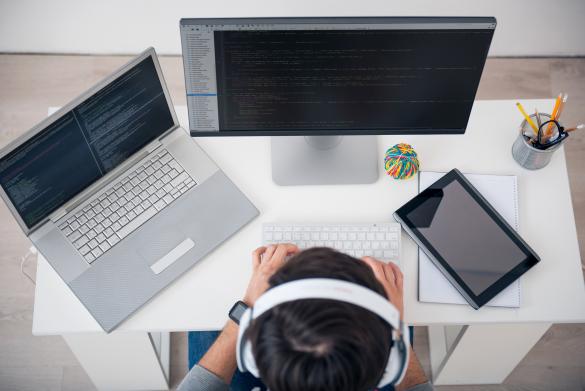
Working from home or remotely means that physical communication with your team or clients may be restricted. Although we have instant messaging software and emails at our fingertips, communicating via video or voice chat helps everyone understand one another. Setting a designated time to communicate is vital; it allows everyone a set time to ask questions, discuss what they need to, and build relationships with each other.
With attention to meetings, it’s crucial to be mindful and strategic. Remember to anticipate problems and points of ambiguity ahead of time so you can get the clarification you need to minimize assumptions made. Everyone is familiar with the feeling of leaving a meeting with more questions than you had to go in – these meetings can derail projects, especially when everyone is working remotely.
When things do not go as well as expected, identify the areas that led to problems or ambiguity and make changes so you and your team eventually find the perfect cadence, length, and structure of communication that allows everyone to execute.
Be an active member of your team and keep in touch with your colleagues even beyond the project. Nothing beats face-to-face interaction, but if you are working remotely, seeing each other via video calls can be essential. Not only does this foster
a closer work culture, but it also allows everyone to see important non-verbal cues.
It’s also a good idea to emulate those ‘water cooler’ chats that you’d usually have in the office.
Use technology to collaborate and communicate more productively
According to Buffer’s State of Remote Work 2019 report, 17 percent of remote workers struggle to collaborate with their colleagues – which has a huge impact on their ability to be productive. However, there are plenty of ways to improve how you connect and collaborate (thus boosting your productivity) without physically sitting next to your colleagues. Keep in touch with your workmates by using chat channels such as Slack, Zoom, or co-operative apps such as Google Hangouts. Video-enabled options such as Skype, Google Hangouts, and Trello can add a visual element to remote meetings or project updates, making your team feel closer even if everyone is working in a different location. While working remotely using those tools is obvious – but it is important to choose the most appropriate one.
A word of warning though 🙂 – not all technology is your friend when you work from home. Social media, gaming apps, and television can all affect your productivity by distracting you and breaking your flow. If this is an issue for you, turn off all non-essential tech products during working hours 😉
All things considered, following some simple rules, you will build up healthy habits and develop a mindful approach to your work and rest. This will improve your work-life balance, make your lifestyle healthier, and help you be more effective at your job!
